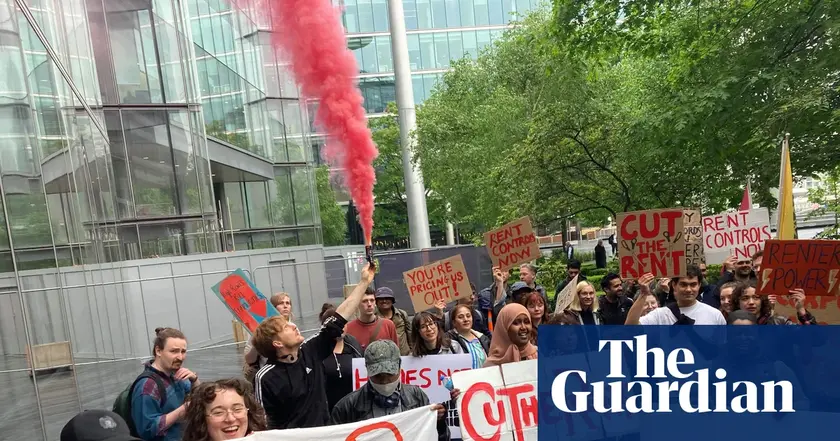T4K3.news
Campaign for Owain's law prompts policy debate
A widow in Wales pushes to change how brain tumour tissue is stored and used after her husband's death, raising questions about consent and clinical discretion.

A widow in Wales campaigns for Owain's law to ensure informed consent and better tissue handling after her husband's death from a brain tumour.
Widow leads drive to change brain tumour tissue handling law
Ellie James from Caerphilly describes a years long fight after Owain was diagnosed with a large brain tumour at age 34. Doctors initially thought the tumour was pea sized, but a later assessment revealed a 14 cm mass that changed their plans. The couple pursued surgery, chemotherapy and experimental approaches, and even married within two weeks of the diagnosis as family and friends rallied to support.
Toward the end Owain's tumour returned and despite treatment he died in 2023. Ellie then shifted focus to Owain's law, a campaign to change how brain tumour tissue is stored and used, arguing that patients need clearer information and a say over tissue that forms part of their body. The debate in Wales pits patient rights and clinical discretion against wider concerns about NHS funding, regulation and research timelines.
Key Takeaways
"What makes me really mad is just had we known that information about freezing chamber. I believe Owain could still be alive today had more of his tumour have been frozen he could have had more vaccine and be alive today"
Ellie on tissue freezing and life chances
"Money means nothing when you're in that kind of situation"
Ellie on fundraising sacrifice
"I would sell my house to get you that extra week"
Ellie on willingness to do anything for more time
"The introduction of a statutory requirement to fresh freeze all brain tumour tissue risks unintended consequences"
Health secretary Jeremy Miles on legislation
The story highlights a clash between a patient's instinct to pursue every possible option and the medical system's reliance on standard treatments. It raises questions about consent, tissue use and how much discretion doctors should have when faced with experimental therapies with limited evidence.
While personal grief fuels advocacy, turning a private tragedy into policy work risks political backlash and uneven access to new options. The challenge for lawmakers will be to protect patient choice without slowing essential care or creating conflicts within clinical teams.
Highlights
- I believe Owain could still be alive today if more of his tumour had been frozen
- Money means nothing when you're in that kind of situation
- I would sell my house to get you that extra week
- Clinical discretion should not be overridden by legislation
Political and policy risk around tissue handling law
The push to legislate how brain tumour tissue is stored and used invites political scrutiny and could affect clinical discretion, NHS workflows, and patient access to innovative therapies. If not designed carefully, the proposal may generate public backlash and inconsistent implementation across providers.
Stories like Owain’s remind us that policy must listen to patients while balancing medical judgment and practical care.
Enjoyed this? Let your friends know!
Related News
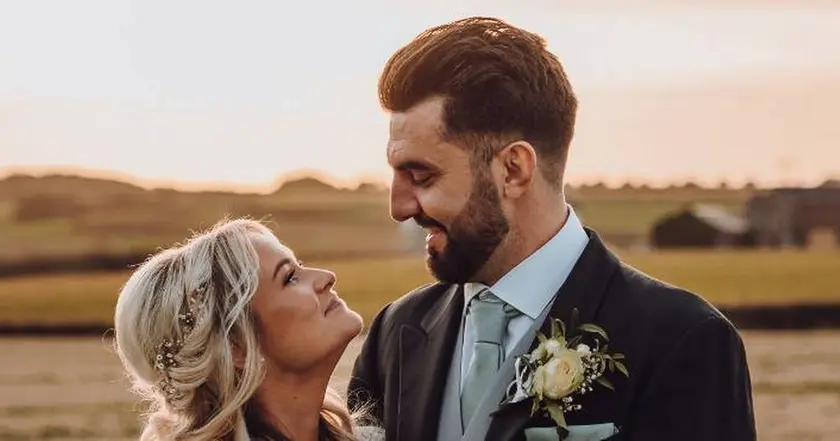
Owain James case prompts call for tissue handling reform
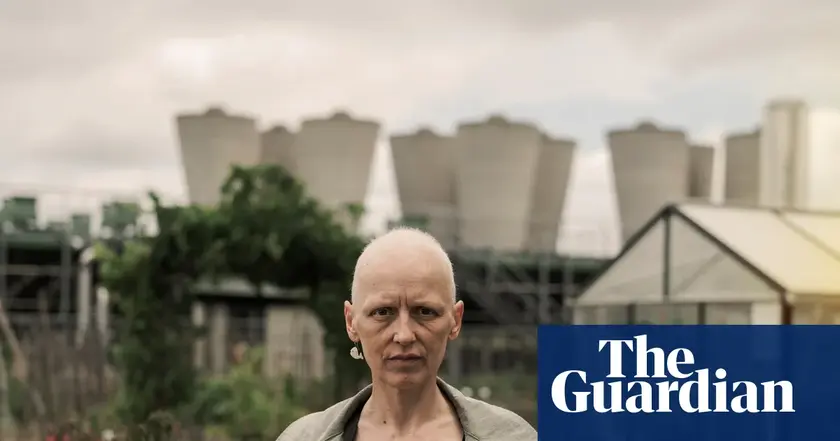
France blocks reintroduction of acetamiprid
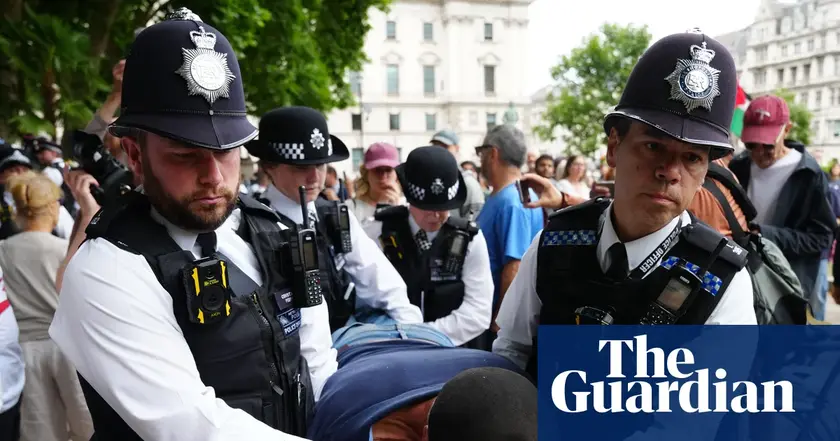
Police prepare for arrests at London protest for Palestine Action
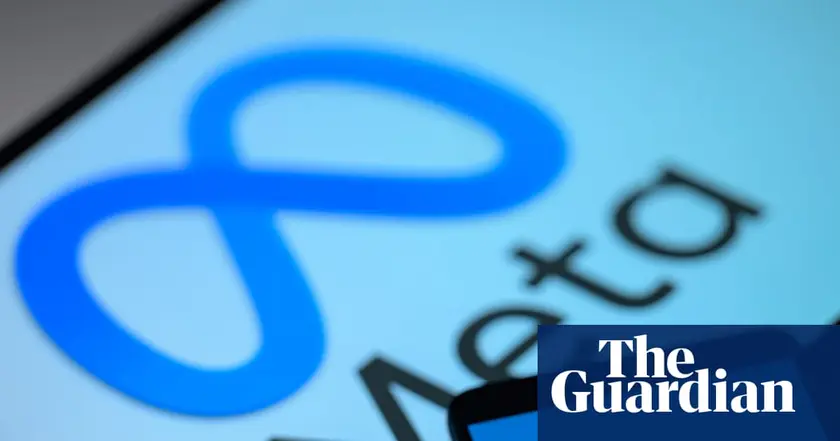
Meta allows ads crowdfunding for IDF drones

Protest rights under new UK terrorism designation

Karol Nawrocki sworn in as Polish president
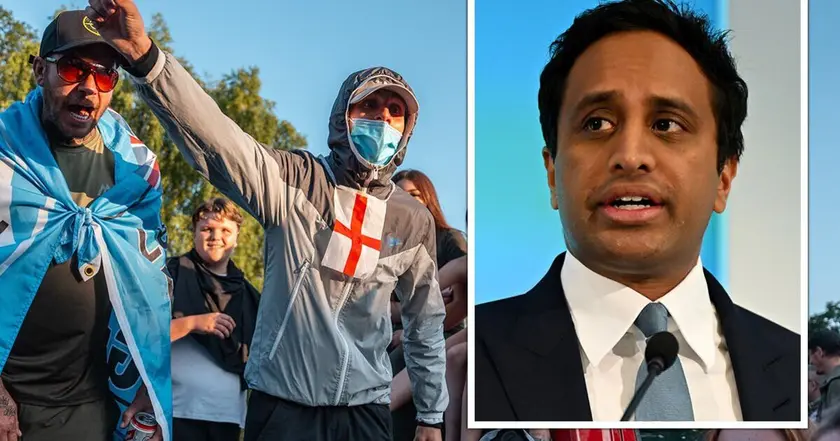
Reform UK warns of censorship under new Online Safety Act
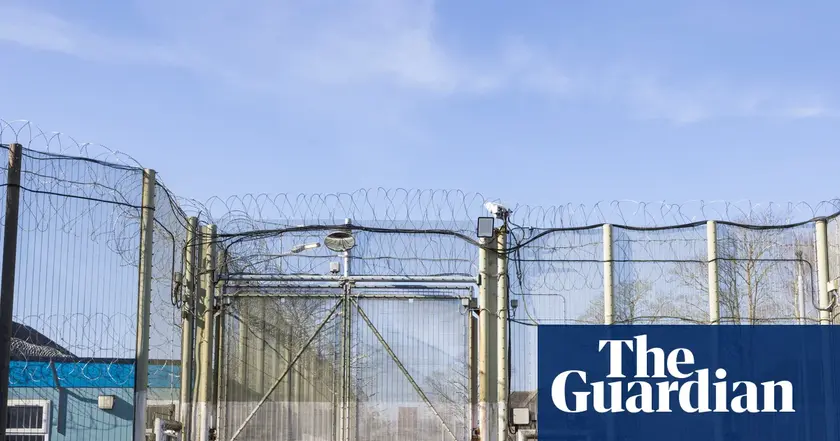
Deport first policy expands to 23 countries
